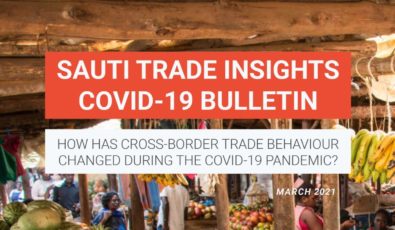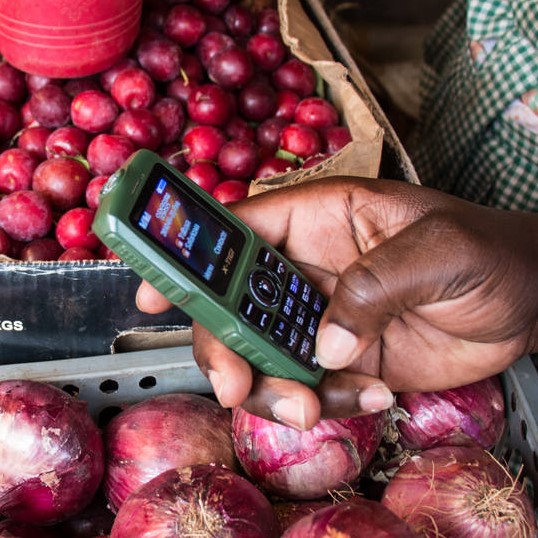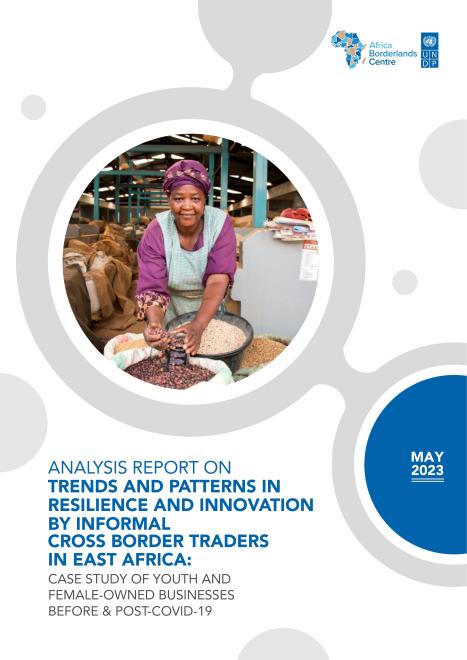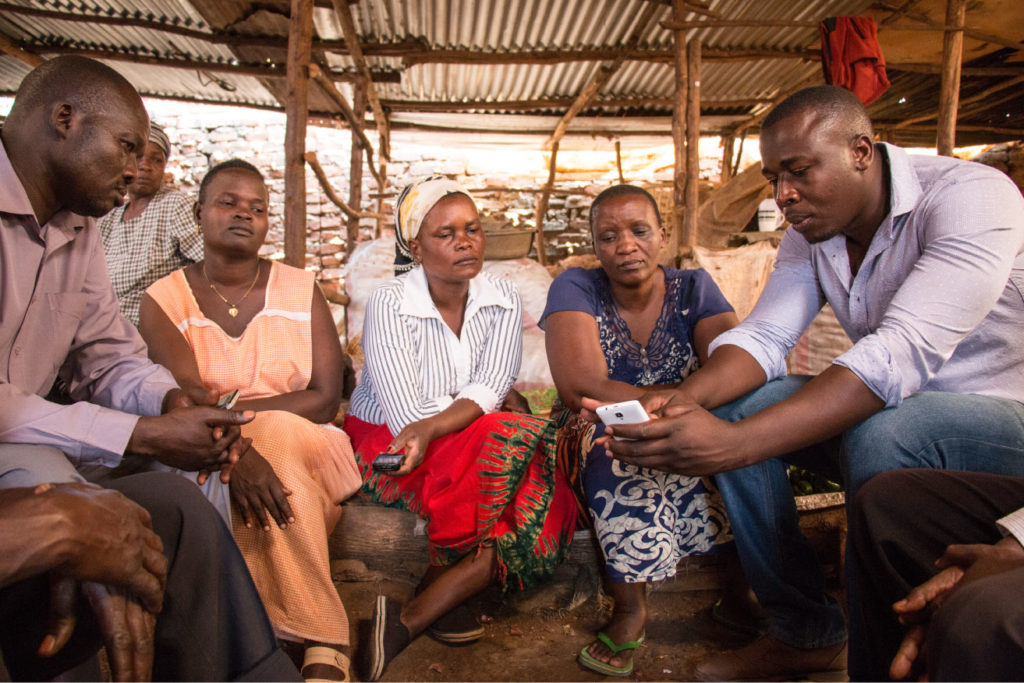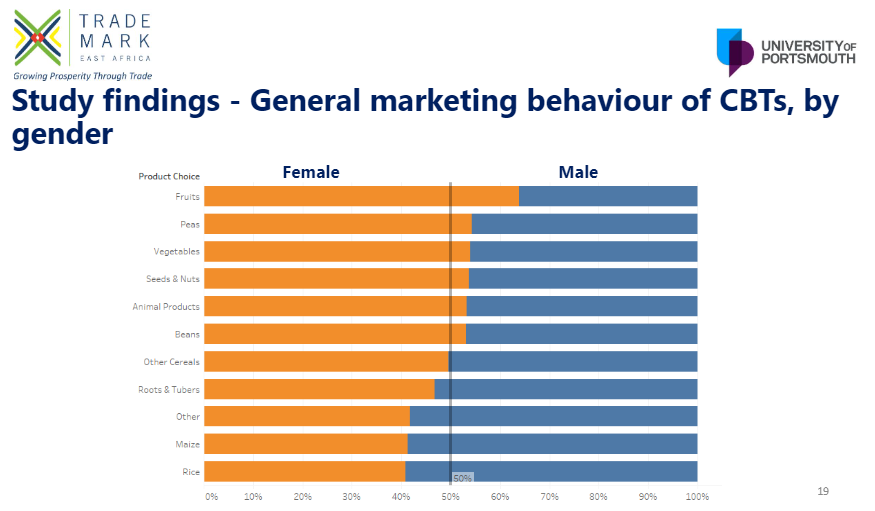Analysing the Impact of the COVID-19 Pandemic on Cross-Border Trade in East AfricaTrade Insights, Trade and Market Information Platform, and Research
Informal cross-border trade has been particularly vulnerable to the impact of the COVID-19 pandemic, both in terms of exposure to the virus and government regulations restricting trade movement.
With Sauti’s Trade & Market Information Platform, as well as our Trade Insights dashboard, we have been able to collect and record how cross-border trade behaviour has changed during the pandemic. By referring to our analysis of these trends, development initiatives can identify the needs and capacity-building opportunities for cross-border traders and their communities.
challenge
COVID-19 has imposed extreme challenges for East Africa’s micro and small enterprise traders, many of which rely on ease of cross-border movement for their profits. Others depend on gathering at local marketplaces where maintaining social distance is challenging. While immediate national health policies have focused on limiting the health and human costs of COVID-19, East Africa’s traders have been forced to make dramatic changes and adapt their business and market behaviour to the new realities of the global pandemic.
In all this, understanding the economic shifts in East Africa’s small-scale trade sector – one of the most important factors for poverty alleviation and women’s economic empowerment – will be paramount to designing policy and interventions that sufficiently addresses the economic toll of COVID-19.
An added challenge to collecting this information has been the need to prevent the spread of COVID-19 through social distancing. This has resulted in a shift from in-person data collection, to digital, reducing the amount of data collected from low-technology communities.
project
Over the course of the COVID-19 pandemic, Sauti has been leveraging the use of our Trade & Market Information Platform in low-technology areas to study the change in behaviour of cross-border traders during the pandemic.
From our mobile-based market information platform, we have been able to record behaviour insights of traders from three East African countries: Kenya, Rwanda, and Tanzania. The market and trade information requested by users, joined with supplementary demographic user data, gives us unprecedented opportunities to present near real-time findings on business behaviour, such as top traded commodities and market destinations. Further, the longitudinal nature of the data allows us to identify significant shifts in business behaviour, including before and after the onset of COVID-19, as well as the continued impact of the pandemic in the last year.
results
All this information is available on Sauti’s Trade Insights dashboard. Additionally, we have also been compiling and analysing this data for a quarterly report which synthesises the main behaviour changes and impacts of COVID-19, disaggregated by demographic user data.
These reports are shared with Sauti’s network with the objective of shedding light on this often hard-to-sample population. It is these traders, most impacted by the shock of COVID-19, which will require the greatest support to recover from the effects of this global pandemic.
